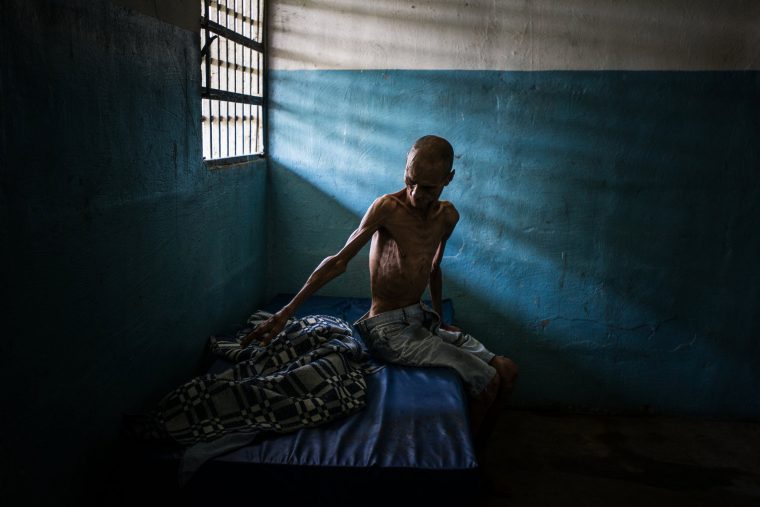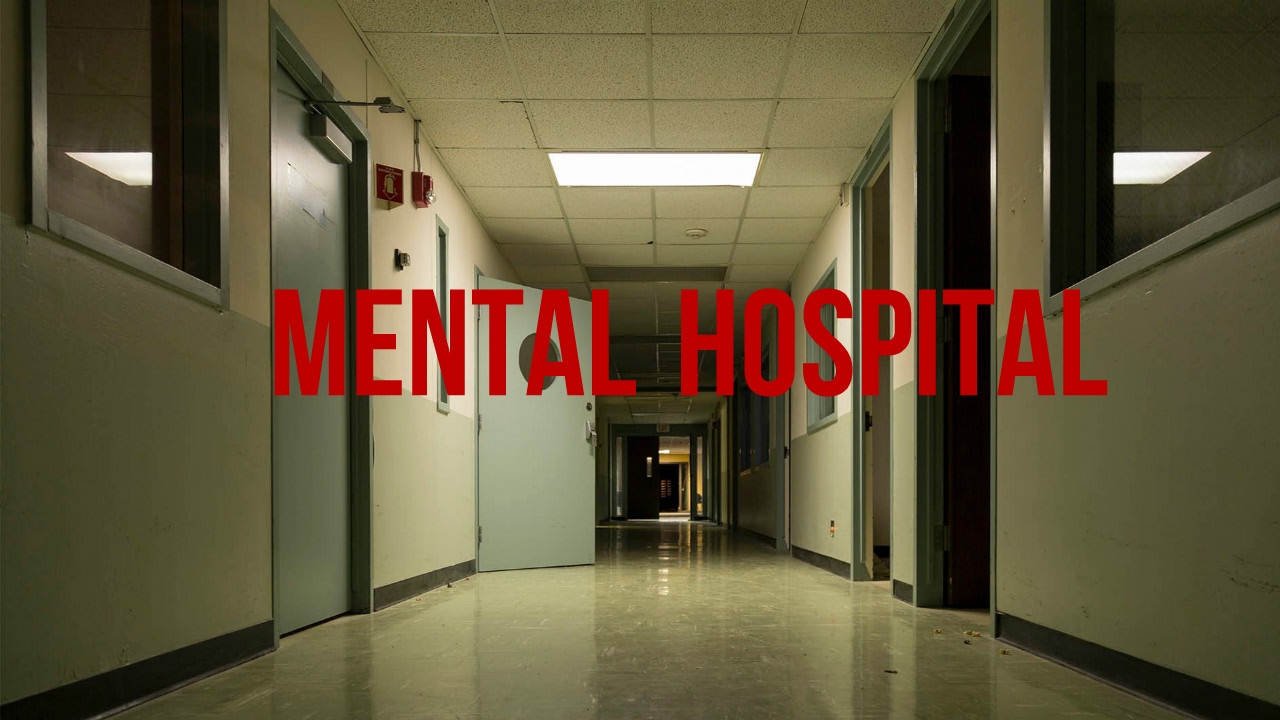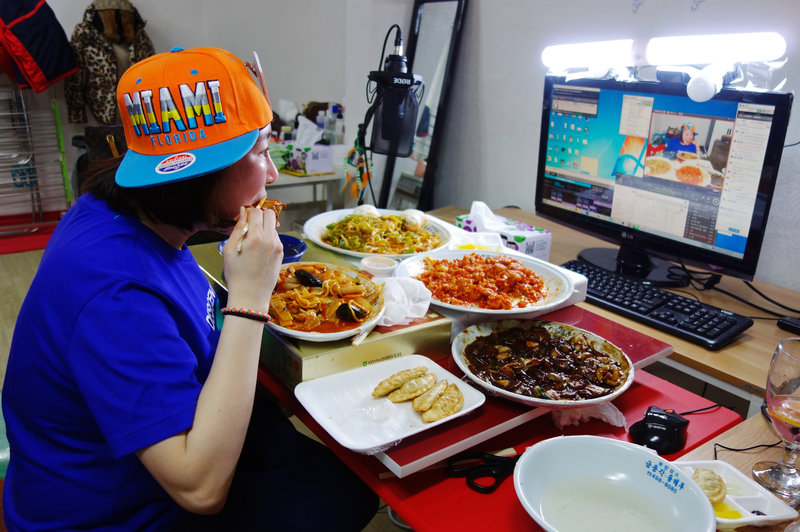
Two weeks ago we wrote about keeping our sanity in check with music at the end of MCO Phase 1.
It’s been almost a month now and we’re looking at the start of Phase 3. Some are adapting well to the changes, some not.
Fear of the pandemic, the impending financial crisis, the stress of being isolated are one of the few worrying trends rising at an alarming rate.
The Bitter Truth

A report by NST has surfaced that apart from those with existing mental health issues, the most vulnerable group of people who may be deeply affected by both the COVID-19 and MCO are those with chronic diseases, older people, children (and teenagers) and also those with substance abuse problems.
Of course, the situation is far worse for those who already have issues with their mental state. Statistically, over a recent 10-year period, the number of Malaysians experiencing poor mental health tripled from 10.7% (in 1996) to 29.2% (in 2015). And this was way before today’s global mess.
Currently, there’s no systematic study done on the effect of COVID-19 (or MCO) but experts are expecting the numbers to ripple in a matter of months.
And while we’re stuck at home lamenting on our situation, there’s no denying that university students are facing a tighter lockdown in their dorms, unable to see the outside world despite passing the 14-day incubation period.
Their lockdown, akin to the Enhanced Movement Control Order, have resulted in depression. So much so that most public universities are taking their own approach by setting up faculty-driven psychological counselling sessions.
And for parents with growing children at home, the situation is different, just not any better.
Working parents need to juggle the deliverance of their work tasks, but at the same time needing to address the demands of their family and children. In some households, the home environment may not be conducive to accommodate everyone at one go due to limited time, space and work commitments.
How Does Quarantine Contribute to Depression?

Humans naturally don’t adapt well to sudden changes. We need time to absorb, plan and mitigate.
In recent months, we were thrown into a boiling pot of turmoil, from our political crisis straight to the arrival of the virus and now the MCO, job loss and not forgetting the possibility of a recession that we’re about to face. All this adds up to growing depression even for the regular Ali, Muthu and Ah Hock.
Malaysian Psychiatric Association, Secretary, Dr Firdaus Abdul Ghani said staggered, disarranged daily routines during the MCO may contribute to mental health issues.
The sudden change will naturally force our minds to psychological unrest and with lesser understanding, things will only get worse as human beings are born to connect, communicate and socialise.
Each individual will have their own level of resistance towards the breaking point. A dad may worry about his uncertain career, a teacher on the academic syllabus, and children are locked in their psychological prison, unable to reach out and play with kids they normally play with.
The Road to Recovery

So what can we do?
For most, with the gym no longer an option, working out at home has become the new normal. For the uninitiated, it’s time to start today because exercise (even lighter ones) will raise your endorphins and this will assist in calming you down. Even stretching results in muscle relaxation, one way to reduce the stress level.
And we’re sure some (or most) of you at home have caught yourself binge-eating snacks you normally keep for rainy days or movie nights. Do us a favour, don’t’ do that as it will only lead to dependency to an unhealthy diet not to mention it’s just unhealthy.
The Beautiful Mind

It’s easy to eyeball someone (our ourselves) for experiencing mental health issues but scientifically, the symptoms are quite clear. For adults, you have issues if you:
-
Worry constantly
-
Experience a change in your sleeping (and eating) patterns
-
Have difficulty in concentrating
And for children, these are the signs you should look out for if your child is:
-
Excessive crying or showing abnormal emotional expression
-
Returning to old habits they have outgrown (like bedwetting)
-
Having difficulties with maintaining attention span
Befrienders KL patron, Tan Sri Lee Lam Thye said among the things that you can do to overcome fear is to limit your screen time. Do beneficial activities such as drawing, meditation, writing journals and praying. Reach out whenever you can.
Of course there’s no umbrella approach to tackling mental issues.
a) For Parents
Parents for example, should try to plan daily AND weekly activities to accommodate the Work From Home situation, now with children on board so that work commitments can be managed together with their children’s need for study, growth and affection, now totally missed with the absence of school.
b) For Children
Don’t ignore the fact that children too, may experience mental health issues. As parents, try to be clear of the situation with them, of why we can’t step outside and what are the repercussions of doing so, in a more child-friendly way of course.
c) For All of Us
For most working adults, it’s advised that you run your routines as usual. Only this time you don’t go out.
Wake up as usual, get ready, have breakfast, wear the comfortable AND presentable clothes you would wear to work. Also, pick a safe spot and make it your work station. Like how your desk is normally at the same spot, remember?
The key to ALL this, is to maintain some sense of normalcy so that there’s not much significant changes from the days prior to MCO.
Also, to make it simple, here’s a list of things to do to overcome the blues:
1) Practice relaxation techniques
2) Take a break from the info overload, stop reading / watching the news
3) Eat healthy, well-balanced diet. Stick to regular timing
4) Get plenty of sleep
5) Avoid drugs or alcohol to ‘mitigate’ your situation
6) Keep to your regular routine
7) Keep loved ones in contact
8) Talk to someone
Above all, just be nice to yourself and be nice to everyone.
Remember no matter how stressed we are, we’re all (locked) in this together. Do not turn down someone else’s plight just because we can’t see them. And don’t discount someone’s condition by patronising their inability to cope.
We each have different roles and different challenges in life. Learn to respect, learn to celebrate one another.
And if you don’t have anyone to talk to, Universiti Kebangsaan Malaysia provides Psychological First Aid response for mental health support where the hotline serves a shoulder to cry on. Call them at 0320225529 from 9am to 6pm.
Alternatively, you may just call the Befrienders KL at 0379568145, Befrienders Penang at 042815161 or Befrienders Ipoh at 055477933 for 24 hours emotional support.
If you find this article interesting, read this to learn how to stay sane during a lockdown.








